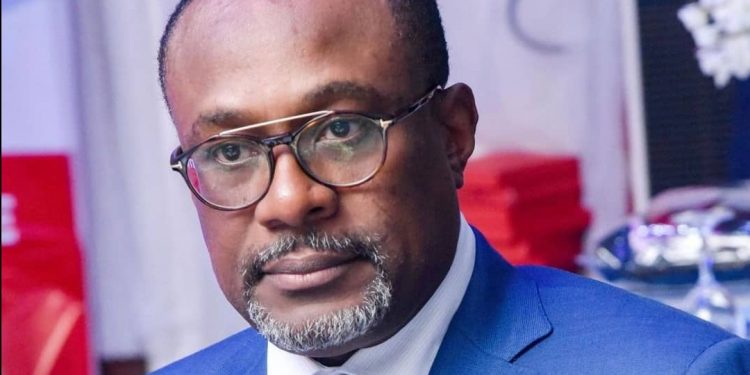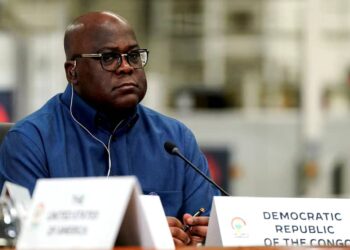By John Ikani
The Executive Secretary, Nigerian Content Development and Monitoring Board (NCDMB), Engr. Simbi Kesiye Wabote has revealed that the board achieved 42% Nigerian Content in the Oil & Gas industry between 2016-2020.
Wabote made this known at the opening of the 10th Practical Nigerian Content Conference held at the Nigerian Content Tower in Yenagoa, Bayelsa State from 29th November -2nd December, with the theme “Driving Nigerian Content in the New Dawn of the Petroleum Industry Act (PAI).”
According to him, the Nigerian Oil & Gas Industry spent approximately $20.4billion between 2016 and 2020, particularly in key areas such as Engineering, Procurement, Fabrication, Project Management, and Services.
The content boss who hinted that the aggregate industry spending was captured from the projects covered by the Board’s Monitoring and Evaluation Directorate, explained that the computation was part of a Checkpoint Review of the implementation of the Nigerian Content 10-Year Strategic Roadmap, to analyse the journey to 70 percent Nigerian Content and determine the level of the various initiatives introduced by the Board.
A breakdown of the the top industry spending outlined by Wabote revealed that $8.07bn on Fabrication representing 39 percent of spending; $4.74bn on Engineering services representing 23 percent of spending, and $5.67bn on Procurement of manufactured materials, representing 28 percent of spending.
He listed the low spending areas to include $1.18bn on Services representing 6 percent of spending and $746m on project management representing 4 percent of spending, adding that the aggregated level of Nigerian Content across the five categories is 42 percent.
Noting that the Nigerian Content performance in Engineering is above the 70 percent target, Wabote said the Nigerian Oil & Gas industry ought to focus on fabrication and procurement of materials to realize the 70 percent local content target by 2027.
He said: “That is why we are keen to ensure that the established in-country fabrication yards are utilized for sanctioned projects such as NLNG Train-7 as well as drive local manufacturing of goods such as chemicals, hardware, spares, accessories, and other consumables via our commercial venture partnerships and our oil and gas industrial parks.
“Overall, we believe we are on track towards the 70 percent Nigerian Content target but we will need the support of all industry stakeholders to make it happen.”



































